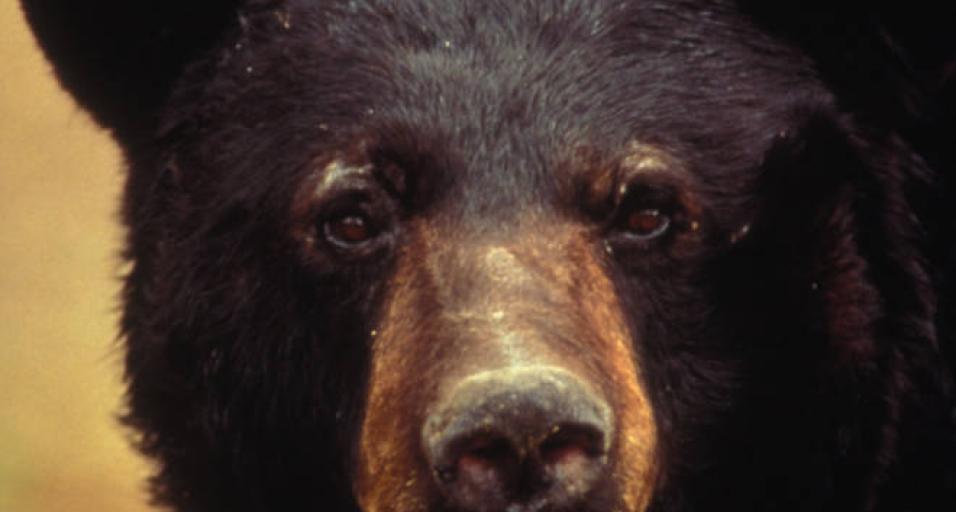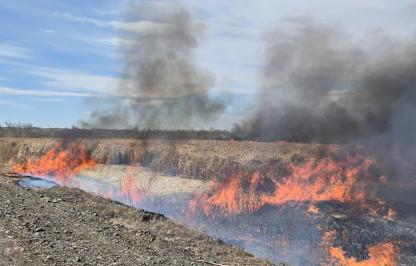While hunting or enjoying the outdoors this fall, stay safe by being alert for signs of bears. Hunters, especially, should be cautious in the backcountry while pursuing game and be prepared in the event of a bear encounter.
“Hunters move quietly, camouflage their bodies, mask their human scent, are active at dawn and dusk, and use game calls to mimic what bears consider prey. All of these behaviors make hunters successful, but at the same time, there is an inherent risk of attracting bears or bumping into one,” said Dusty Lasseter, Bear Wise community coordinator for the Wyoming Game and Fish Department.
To improve the odds of minimizing conflicts, Game and Fish recommends people:
- Carry a bear deterrent, and know how to use it. Many aggressive bears have been deterred through the use of bear spray. Hunters should carry bear spray where it can be reached and know how, and when, to use it.
- Make sure your bear spray is EPA approved and not a generic or “knock-off” spray that may prove faulty.
- Hunt with a partner and stay within sight of each other.
- Remain alert and watchful for bear activity; avoid “tunnel vision” while pursuing game.
- Learn to recognize bear signs such as scat, tracks, and diggings.
- Know where seasonal food sources are present and either avoid or be especially cautious in those areas.
- Be aware that the presence of ravens and other scavengers is a good indication that a potential food source is nearby and a bear may be in the area. Avoid these areas if possible.
Hunters should also practice safe handling and retrieval of game. Following these processes can help minimize a bear conflict:
- Retrieve game animals as quickly as possible and watch for approaching bears when field dressing and quartering. The longer game is in the field, at camp, or in the back of a vehicle the more likely it is to be discovered by a bear.
- Quarter and hang the carcass in a tree at least 10’ to 15’ from the ground and 4’ from the tree trunk. Separate the carcass from the entrails and place the carcass in an area that can be safely viewed from a distance, if game must be left on the ground overnight,.
- When retrieving game, make noise; use binoculars to search the area for bears and to determine if the game has been disturbed by bears prior to walking in on the carcass.
- Be aware that bears often set up a daybed near food sources.
- If a bear has claimed your carcass, leave the scene and report the incident to Game and Fish. Do not attempt to scare the bear away.
- Remember that bears actively defend their food, their young, and their personal space. During the fall, all bears are on the lookout for food before going to winter slumber.
“Human safety is the first concern in any bear encounter,” Lasseter said. “Bear spray is an effective deterrent and we encourage all hunters to carry and, when appropriate, using bear spray.”
Game and Fish also recommends having a ‘bear aware’ plan in place in case hunters see a bear. More safety information is available on the Game and Fish Bear Wise Wyoming website.
“The most important tool people can use when hunting and recreating in bear country is their brain. Everyone should practice maintaining an awareness of their surroundings and knowing how to react to potential bear encounters, ” Lasseter said.
Hunters can call a Game and Fish regional office to learn more about the bears in their hunt areas and ask questions about bear safety. Any human-bear conflicts should be reported to Game and Fish as soon as possible. To report an incident, call your local Game and Fish Office, or the Game and Fish Stop Poaching Hotline:1-877-WGFD-TIP (943-3857).




